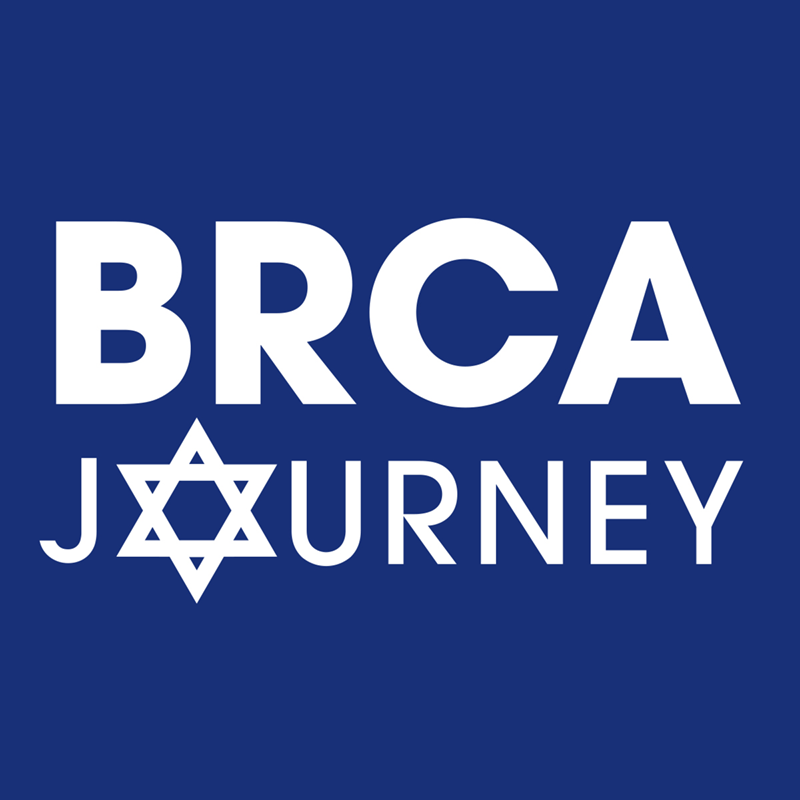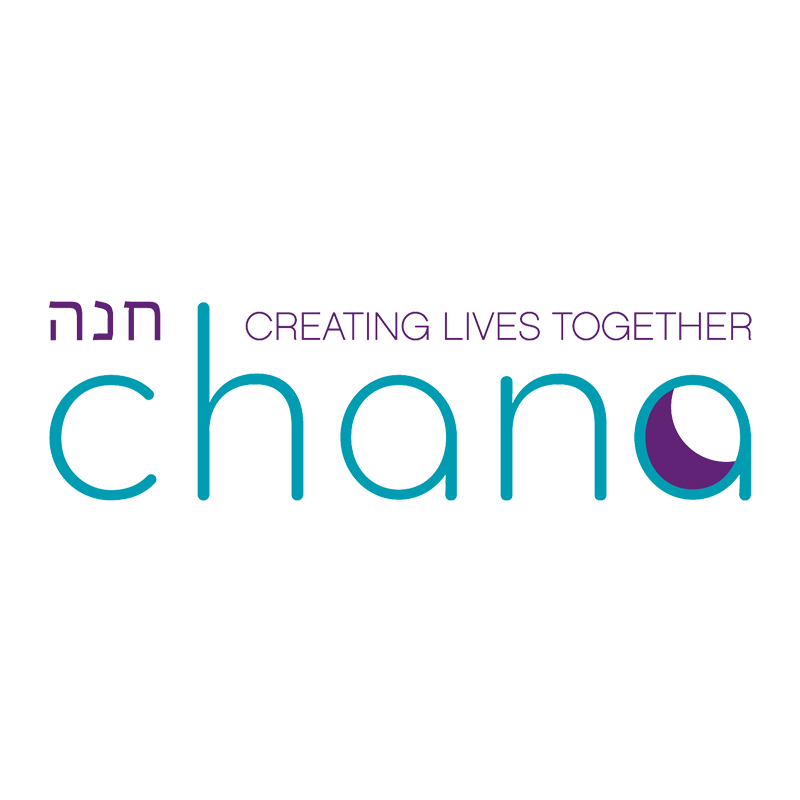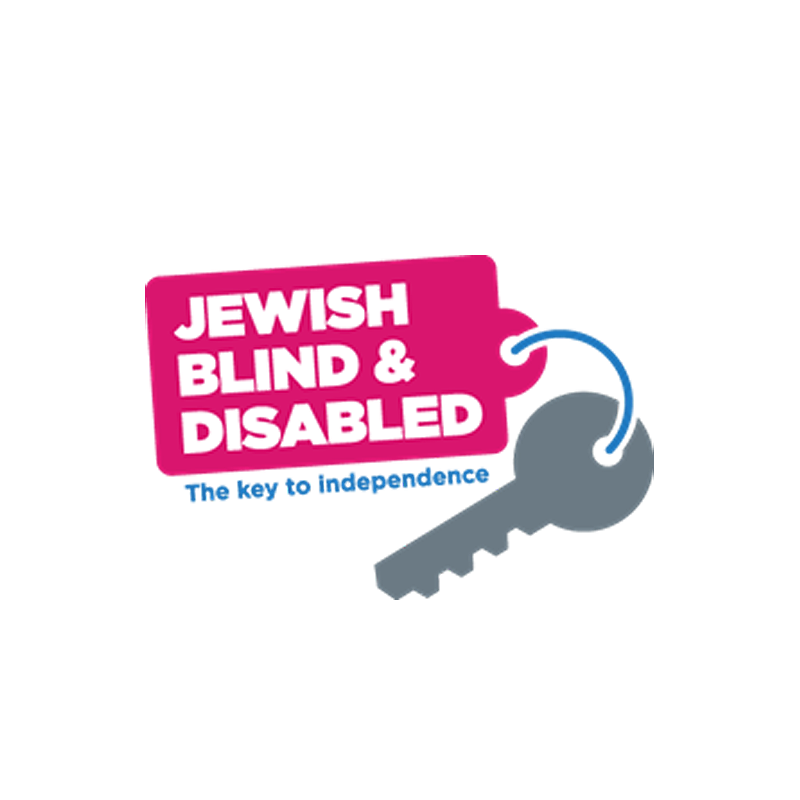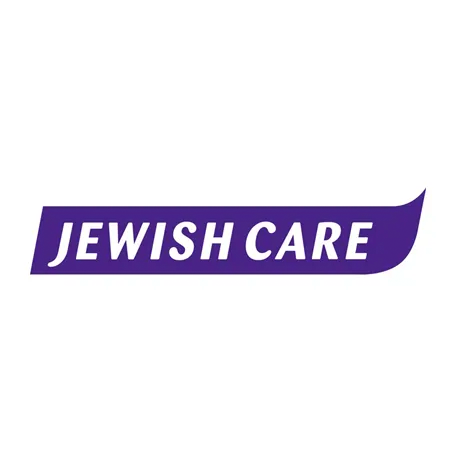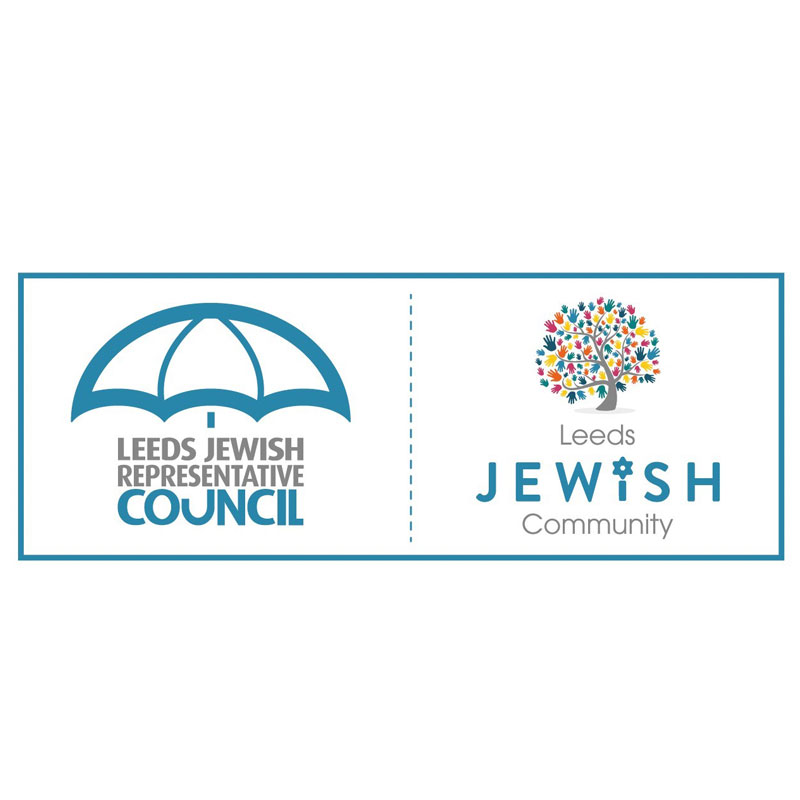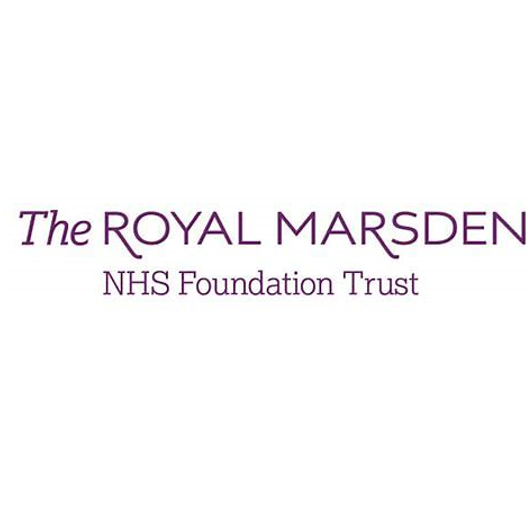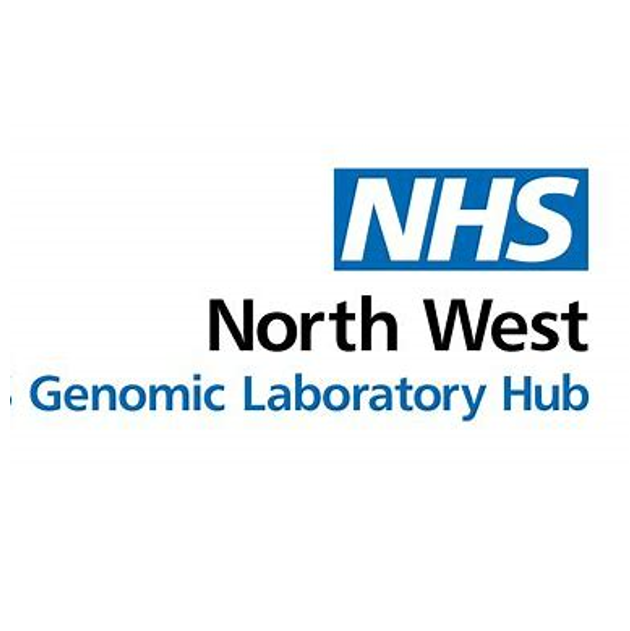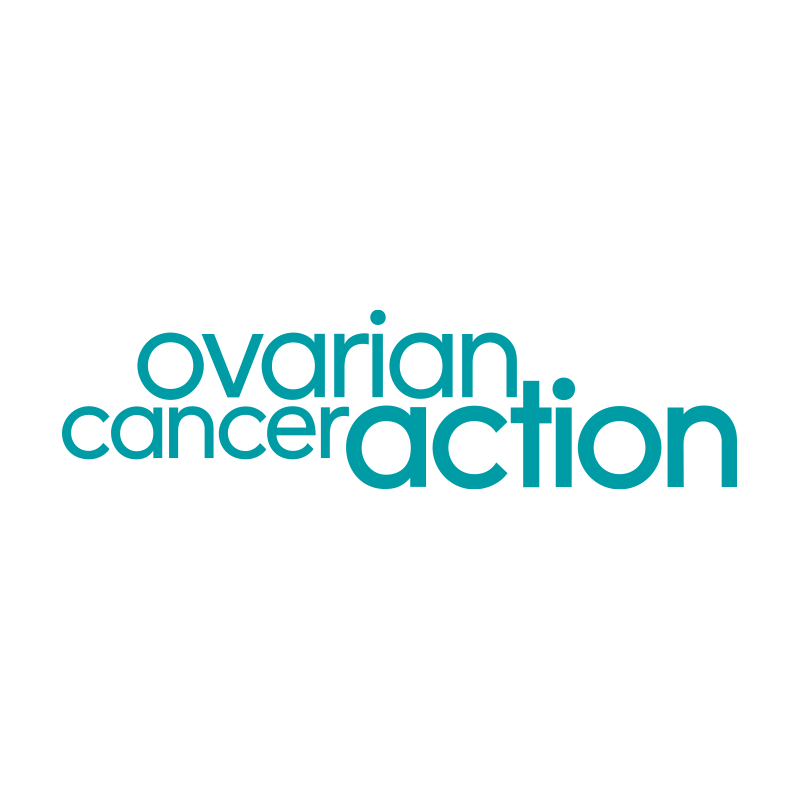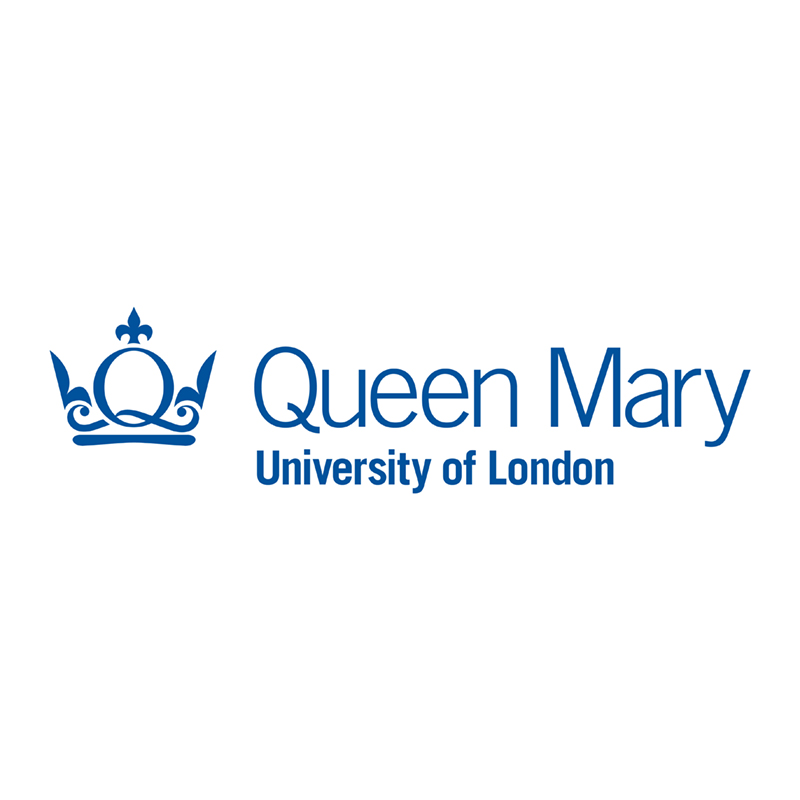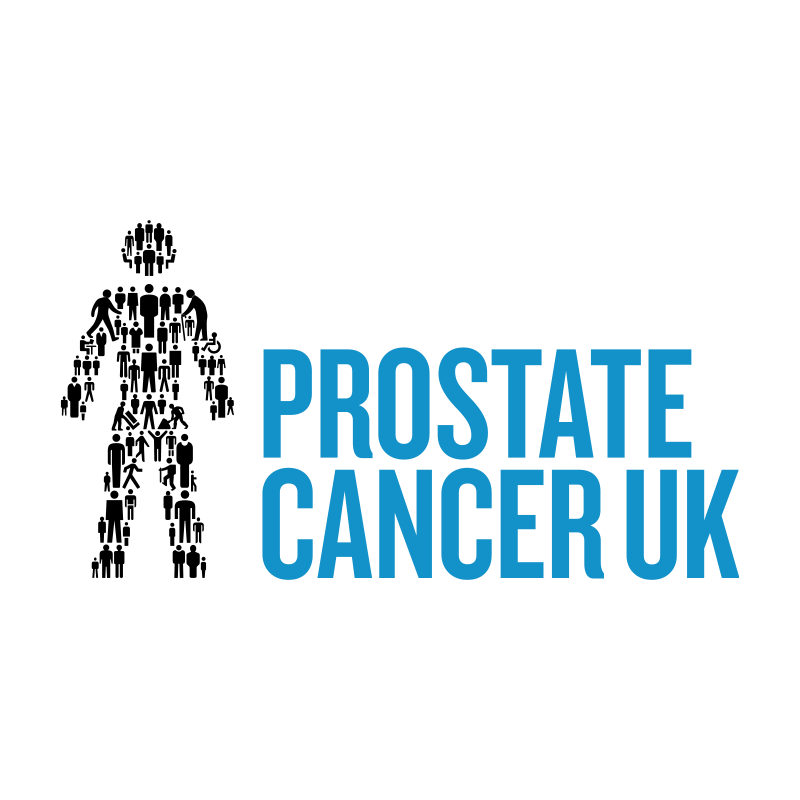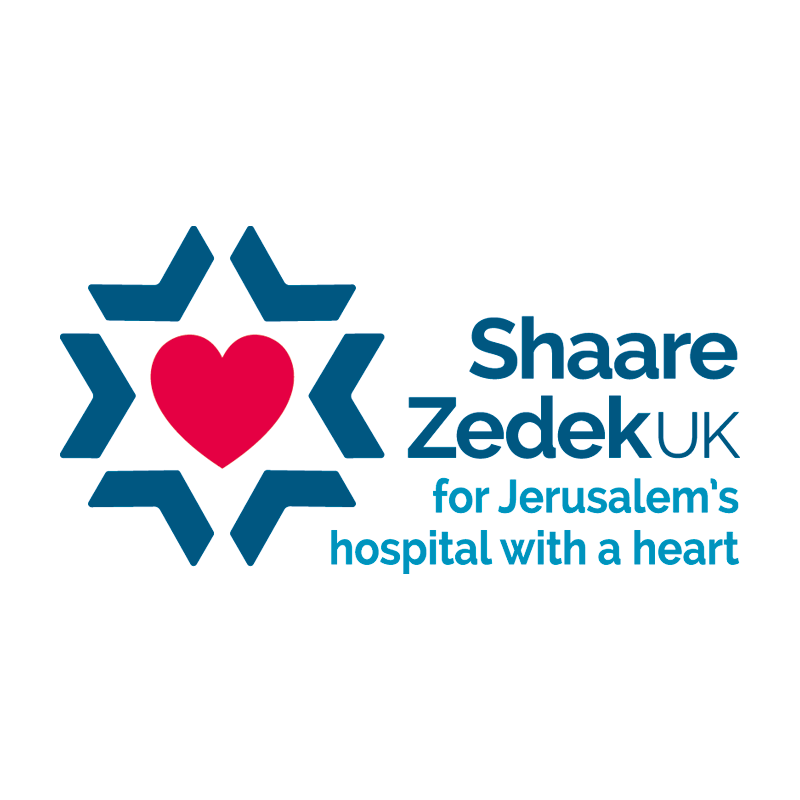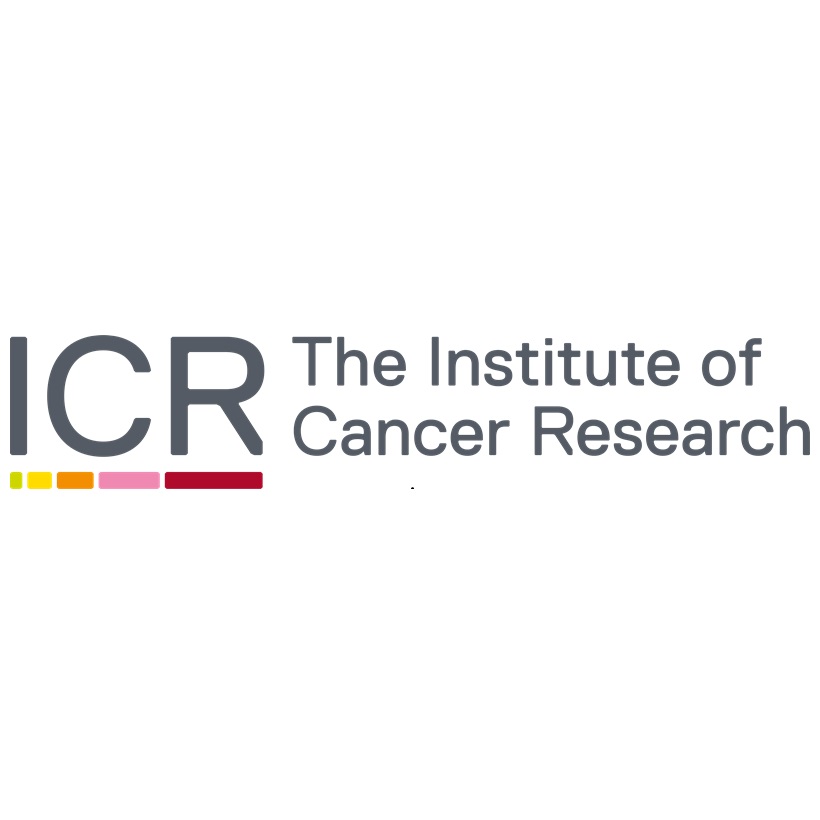Who can take part in the programme?
Anyone living in England who is aged 18 or over with 1 or more Jewish grandparent
Yes. Both males and females can take part in BRCA testing via this programme. Having a BRCA gene fault increase certain cancer risk for males. Additionally, males with a BRCA gene fault can pass this on to their children, both sons and daughter. BRCA gene testing paves the way for males who are identified as having a BRCA gene fault, to risk management advice and reproductive options to avoid passing on the gene fault to future children.
No, there is no upper age limit for taking part in this programme.
Currently the eligibility criteria for NHS testing outside of England are more restrictive than this new programme. Individuals with Jewish origin living outside of England are not able to access BRCA testing based on their ancestry alone. If you have a personal or strong history in your family of the BRCA related cancers we recommend discussing this with your GP. They may refer you for testing if appropriate. Alternatively you may wish to explore private testing options. Please be aware that these vary greatly in the cost and services that they provide. If opting for private testing, we strongly recommend using a service that includes genetic counselling. Please contact Jnetics on 020 8123 5123 or info@jnetics.org if you would like advice about accessing private testing.
No. The programme is for anyone with 1 or more Jewish grandparent of any origin – Ashkenazi, Sephardi or Mizrahi etc
You can take part if you are pregnant. However, you may want to consider the potential emotional impact of finding out you have a gene fault while pregnant or with a newborn. This may be reason to delay your test to a different time. If you want to discuss this further, you can speak to a genetic counsellor via the helpline on +44 20 3437 6001. The helpline is open Monday-Friday 9am-5pm with extended hours until 7pm on Wednesdays.
Yes, however, you may be eligible for more extensive genetic testing than that offered through this programme if you have a personal cancer history. Please check with your GP or treating doctor, who can refer you to your local clinical genetics if appropriate.
More information: This programme offers testing of the BRCA1 and BRCA2 genes. These are the two genes most strongly associated with hereditary cancers in people with Jewish ancestry. Individuals with a personal history of breast or ovarian cancer may be eligible for testing of additional genes. Participating in this programme does not exclude you from accessing other/additional genetic testing for which you are eligible.
Yes, however, you also have the option to be referred directly by your GP to your local clinical genetics service for testing and support. Your local clinical genetics service can provide individualized cancer management and screening recommendations, whether you are found to have or not have the BRCA gene fault.
Yes, however, you may be eligible for more extensive genetic testing than that offered through this programme if you have a family cancer history. Please check with your GP or treating doctor, who can refer you to your local clinical genetics if appropriate.
More information: This programme offers testing of the BRCA1 and BRCA2 genes. These are the two genes most strongly associated with hereditary cancers in people with Jewish ancestry. Individuals with a family history of breast or ovarian cancer may be eligible for testing of additional genes. Participating in this programme does not exclude you from accessing other/additional genetic testing for which you are eligible.

